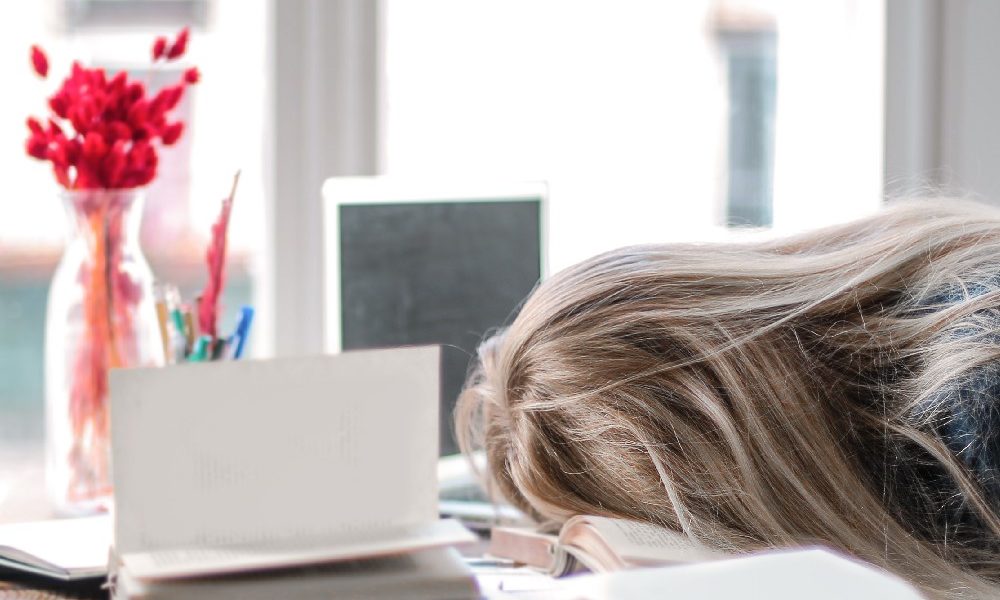I can’t remember the last time I had a good sleep. You? Well, here’s one soothing thought: At least we’re not alone as we toss and turn night after night. Of the many lingering issues brought on by living through a pandemic, apparently sleep disturbances are at the top of the list. In fact, in a recent survey, more than half of the respondents (56%) say they have experienced “COVID-somnia,” according to the American Academy of Sleep Medicine (AASM).
The most notable issue? Falling or staying asleep (57%). Other concerns that make the list include sleeping less (46%) and having more disturbing dreams (36%). Wow, I have had all of these issues, sometimes in the same night! What gives?
This celeb’s voice is so soothing, it’ll put you to sleep.
What causes COVID-somnia?
“COVID-somnia can be brought on by multiple stressors: fears about the pandemic, concern for loved ones, financial worries, and limited socialization,” said Jennifer Martin, a clinical psychologist who is president-elect of the AASM board of directors. “The best way to get healthy sleep during these unprecedented times is to be intentional about your sleep habits and routines.”
According to the study, those aged 35 to 44 had the highest rate of COVID-somnia at 70%. And men (59%) were more likely than women (54%) to report COVID-somnia sleep disturbances.
It seems that many of us are spending more time on our phones or watching the news in an effort to stay on top of the pandemic. And it all feels so normal, right? I mean, checking the daily numbers, searching for the closest pop-up clinic for boosters or testing – it’s all just a part of who we are now. But, even though it seems normal, or routine, it’s adding stress. Like, a lot of stress. Which in turns affects our sleep when we finally hit the hay after another pandemic-fuelled day.
Not sleeping well? It could be your gut.
How to deal with COVID-somnia
But, all’s not lost! If we prioritize sleep with these expert tips, we could be on our way to dreamland sooner – and stay there longer.
• Pencil in sleep time. It’s important to go to bed and get up around the same time every day (yep, even weekends), so make a sleep schedule and stick to it!
• Unplug. Cutting out screen time readies your body for sleep, while avoiding the news reduces stress. Aim for at least a half-hour of digital-free time before you turn in.
• Follow a relaxing routine. About 30 minutes before bed, start unwinding. My favourite way is to take a warm bath. But if getting wet before bed isn’t your thing, try a quiet activity like reading (real book vs. digital) or meditating.
• Create a soothing space. Sleep should come more easily when your room is cool, quiet and dark. Invest in blackout curtains, try a sleep mask and/or earplugs. If you have to use your phone as a clock, remember to put it on silent mode.
If you need more help, talk to your healthcare team, says the AASM. And, for more info on all things sleep-related, check out the AASM Sleep Education website, starting with its bedtime calculator that helps you understand how much sleep you need to aim for.

